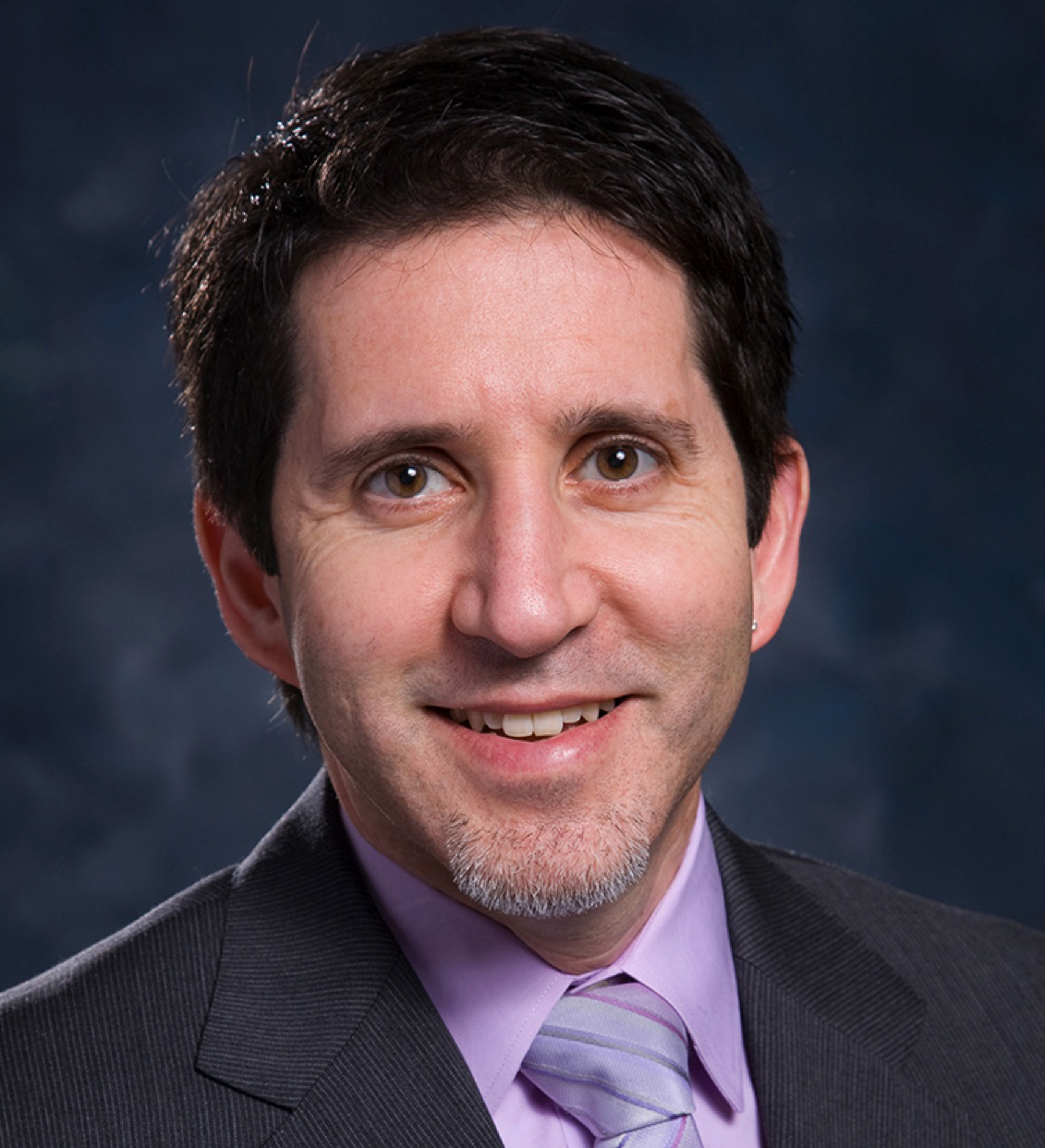Ashe About Your Health: Insights on sleep

Dr. David Baron
Questions about health?
Submit questions for Dr Baron to answer in future columns by emailing [email protected], or by tweeting @dailybruin with the hashtag #AsheAboutYourHealth
By Daily Bruin Staff
Oct. 11, 2012 8:47 a.m.
The original version of this article contained information that was unclear and has been changed. See the bottom of the article for additional information.
By David Baron
Shhhhh! Don’t wake the Doctor!
Our society is obsessed with sleep. We ask, “How did you sleep last night?” We wish people “sweet dreams” and say “sleep tight.” We complain about our lack of sleep all the time.
Think of all the mattress store ads you see and hear every day, the infomercials for fancy adjustable beds and the ads for sleeping pills. This stuff is BIG business and BIG money.
First of all, why does it matter? Who needs sleep anyway? You’ve heard people say “I can rest when I’m dead.” That’s true, but you can actually shorten your lifespan if you’re sleep-deprived enough to cause some of the medical conditions with known associations to lack of sleep.
Here’s one you might not have thought of ““ motor vehicle accidents. The number one cause of daytime sleepiness is poor quality or insufficient nighttime sleep. The number one cause of car accidents is not alcohol; it’s drowsy driving. One study published in 2000 found that people who drive after being awake for 17 to 19 hours performed worse than those with a blood alcohol level of .05 percent.
Sleep deprivation is associated with higher incidences of stress, anxiety and depression, poorer cognitive function (sexual function too), obesity, difficulty controlling high blood pressure, and even cardiovascular risks, not to mention feeling tired all the time. Military studies on total sleep deprivation have shown that people become, frankly, not themselves, after only 72 hours with no sleep.
And if I recall correctly (having been a college student myself only a few short decades ago), many of us actually brag about having “pulled an all-nighter” to finish some paper or prepare for an exam.
Trust me on this ““ all wake and no sleep makes Joe or Jane Bruin a very lousy student and a really unhealthy one. So what’s a work-hard/play-hard, multitasking, over-extended, not-so-well-rested student to do?
I’ve got two words for you: Sleep hygiene. You may not have a lot of time for sleeping, but if you’d pay half as much attention to taking care of your sleep as you do to how you look and smell (i.e. personal hygiene), sleep you do get would be more restful and more beneficial.
Good sleep hygiene includes a reasonably comfortable bed in a dark, quiet location that isn’t too hot or too cold accompanied by strategies that promote sleep.
Avoid eating large meals too close to bedtime. Vigorous exercise too close to bedtime revs you up and makes it harder to fall asleep, while moderate exercise in the late afternoon or early evening can help you sleep.
Alcohol can also help you fall asleep but will often wake you up a few hours later (it has a two phase effect on the brain ““ first sedating, then activating).
It’s the same deal with marijuana, which also disrupts normal sleep stage progression (i.e. not as much R.E.M. or Stage IV deep sleep). Behaviorally, save the bed for sleeping and snuggling.
Try not to eat, read, watch TV, text, or talk on the phone in bed. I know this is asking a lot, but please give these strategies a try before you contact your health care provider about sleeping medications.
I suspect your doctor will want to talk to you about this approach before writing the prescription. And they should. Sedatives stop working pretty quickly and are generally addictive.
In most cases, you can learn to get to sleep and get enough rest without them.
If you don’t believe me, sleep on it.
Dr. David Baron is the executive director of the Arthur Ashe Student Health and Wellness Center.
Clarification: _Sleep deprivation is associated with higher incidences of stress, anxiety and depression, poorer cognitive function (sexual function too), obesity, difficulty controlling high blood pressure, and even cardiovascular risks, not to mention feeling tired all the time. _


